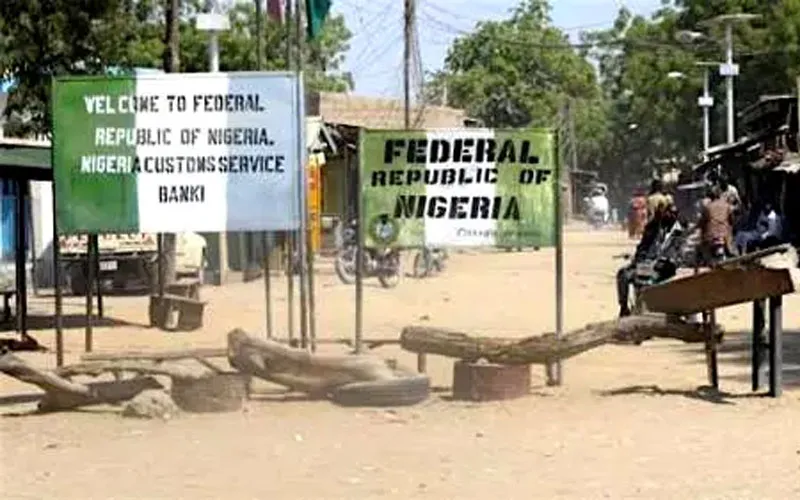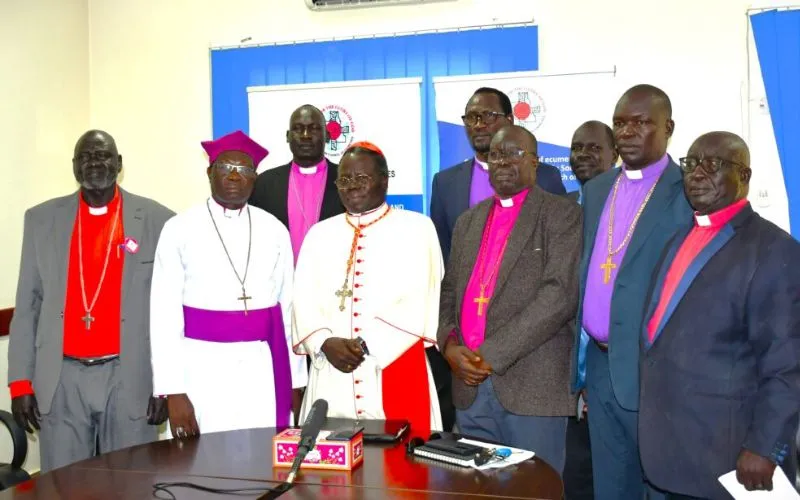“We, the Bishops of Nigeria, have unanimously agreed in our Episcopal Conference and have made it very clear that we do not pay ransoms. When a Priest is kidnapped, he makes it clear that his Church does not pay ransom,” Archbishop Kaigama told Catholic Pontifical and charity foundation, Aid to the Church in Need, in the January 28 report.
Fr. Ehusani said that Catholic Bishops are faced with tough decisions to make whenever an official in the Church is kidnapped.
“It depends on the circumstance, because you can say you are not going to pay ransom if you have a government that you believe is able to help you secure your person,” he said, and added, “You pay ransom, they will come for another Priest, you pay ransom, and they will go for another Sister.”
Failing to pay ransom, on the other hand, means pronouncing a death sentence to the kidnapped Priest, Religious Sister, Seminarian, Catechist, and other Church personnel, the Abuja-based Priest says.
He adds that many institutions in Nigeria are paying ransom secretly, and explains, “The reason is that if you don't pay, you don't have the government to help you secure the person. Even the government is paying ransom because they have seen that they have failed; they are not able.”
(Story continues below)
The award-winning Priest notes that the government has in the past been forced to rethink the decision of not paying ransom, saying, “When the Governor in Kaduna State insisted that he will never pay a ransom, what happened? The parents of the University students who were kidnapped had to go around the whole country begging to raise money, which they used to pay the ransom. So, at the end of the day ransom is paid.”
He says that the danger of not paying ransom for the release of Church personnel lies in individual families being forced to shoulder the responsibility of securing the freedom of their kin.
“If I am kidnapped and the Church says it won’t pay the ransom, then it is my family that would be running round the whole world begging for money to pay for my rescue,” he says, and adds, “It is a sad situation that's why I say it is God that will help us because you normally say you don't pay ransom when you know that there is a force that is able to rescue your person. You don't say you will not pay ransom when you know that the person is going to be killed.”
While ransom provides a major source of financing terrorist activities, Fr. Ehusani notes that militants are also getting finances from outside the country from wealthy individuals who support the ideology of turning Nigeria into an Islamic State.
He makes reference to a report last year in which six Nigerians in the United Arab Emirates were convicted for funding activities of Boko Haram.
The Priest recalls that there was evidence that the court brought out indicating that the six were using bureau de change (forex bureau) to secure funding from the Middle East and sending the same to Nigeria through similar means.
Additionally, he says, terrorists in Nigeria are thriving in illegal mining.
The Priest says that Zamfara State in Northwestern Nigeria, for instance, has a rich deposit of lead and gold, which is being mined by terrorists.
“We are told that these criminals (terrorists) have a field day mining these precious minerals, flying them out,” Fr. Ehusani says, and adds, “Recently the government had to declare a no-flight zone in that State. It is then we got to know that actually planes have been flying in and out of that place illegally carrying illegal minerals.”
The militants are also getting military hardware and ammunition from sympathizers within the Nigerian military ranks. They also get such supplies when they attack military bases and collect the arms and ammunition that they capture.
Fr. Ehusani says that on many occasions, the militants have also invaded military establishments and chased out the military or killed them and confiscated their equipment and their ammunition.
The terrorists also have sympathizers from ISIS who are sending them weapons and ammunition through Libya, Niger, and Mali, the Priest tells ACI Africa, and notes that most ammunition comes from the Nigerian Army.
“There are bandits that have been caught and Boko Haram that have been caught. And then the military equipment was traced to Sarajevo… But they discovered that they were actually hardware small arms that were sold to the Nigerian army,” Fr. Ehusani says, adding that some equipment is brought in by merchants that deal in arms and ammunition.
He explains that while a majority of weapons come from outside Nigeria, there are rising concerns that some small arms are being made in the West African country.
“Most of them (arms) are manufactured in Eastern Europe right now, though, unfortunately, we're beginning to see some of those AK-47 weapons that are manufactured locally. But perhaps 90 percent of the equipment is definitely coming from outside,” Fr. Ehusani told ACI Africa July 22.
This is the second of three-part series of analyses of insecurity in Nigeria amid attacks and abductions. The first part explained the parties involved and why the government seems unable to resolve the problem. This second part has focused on how the militants fund their operations. The third part will address the place of the international community.








